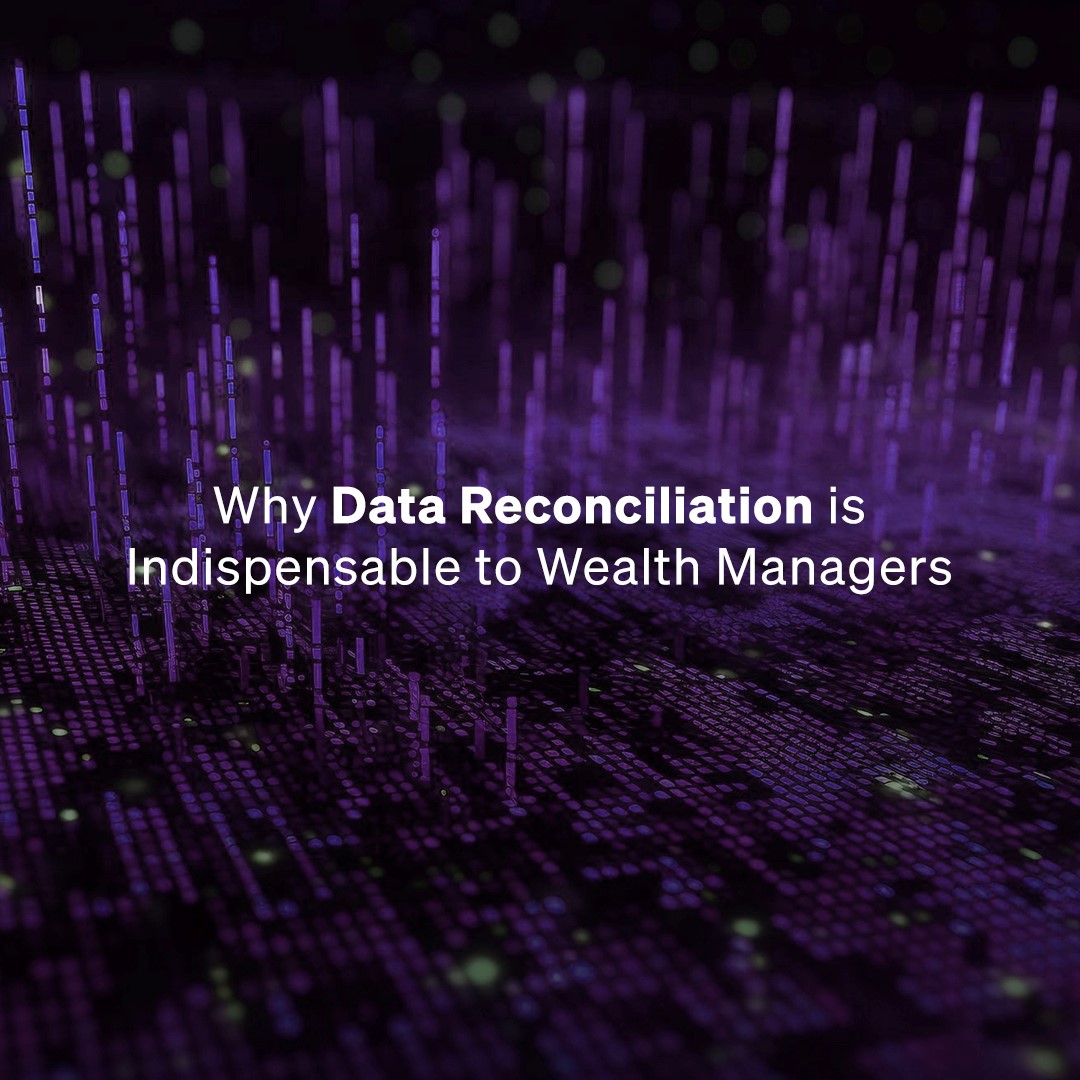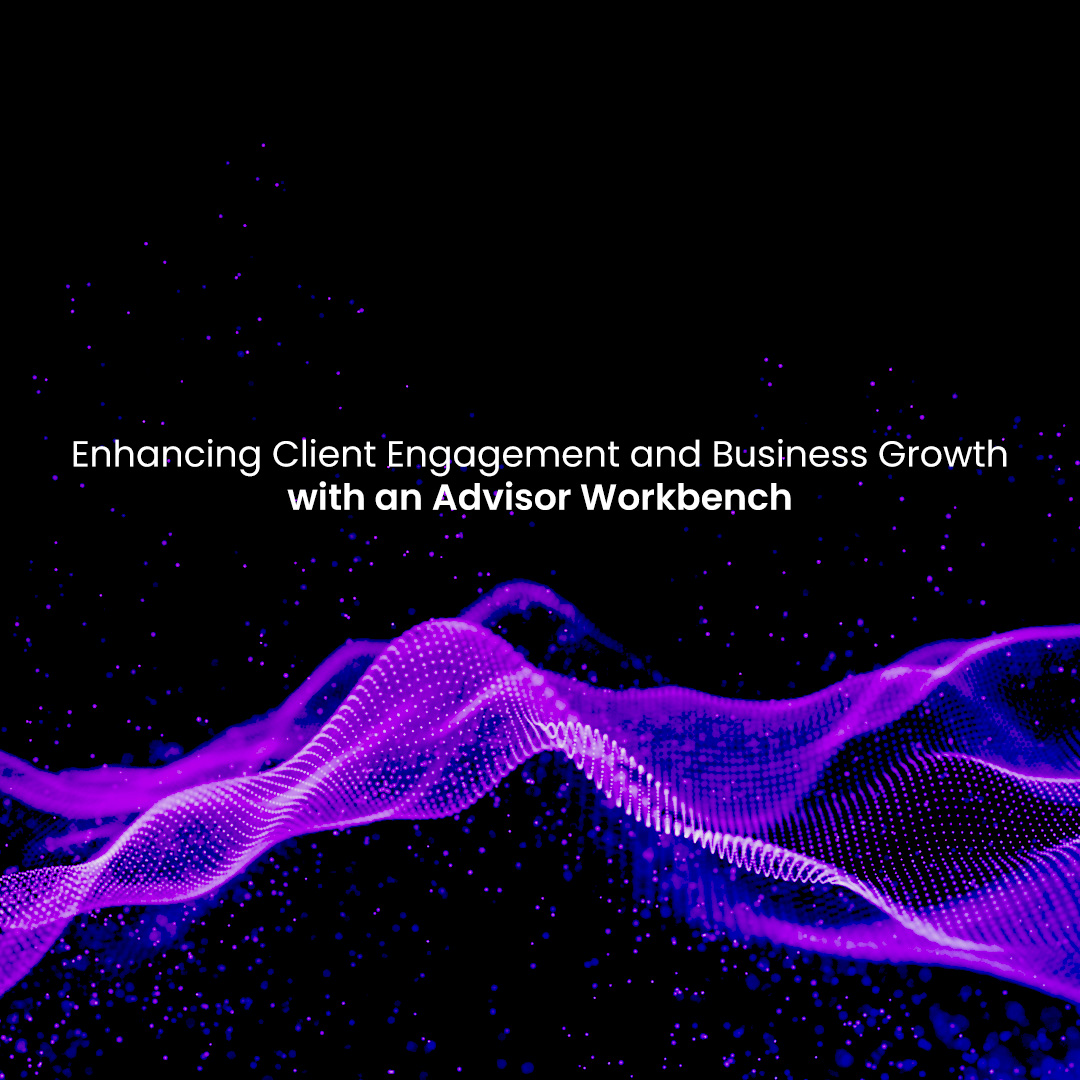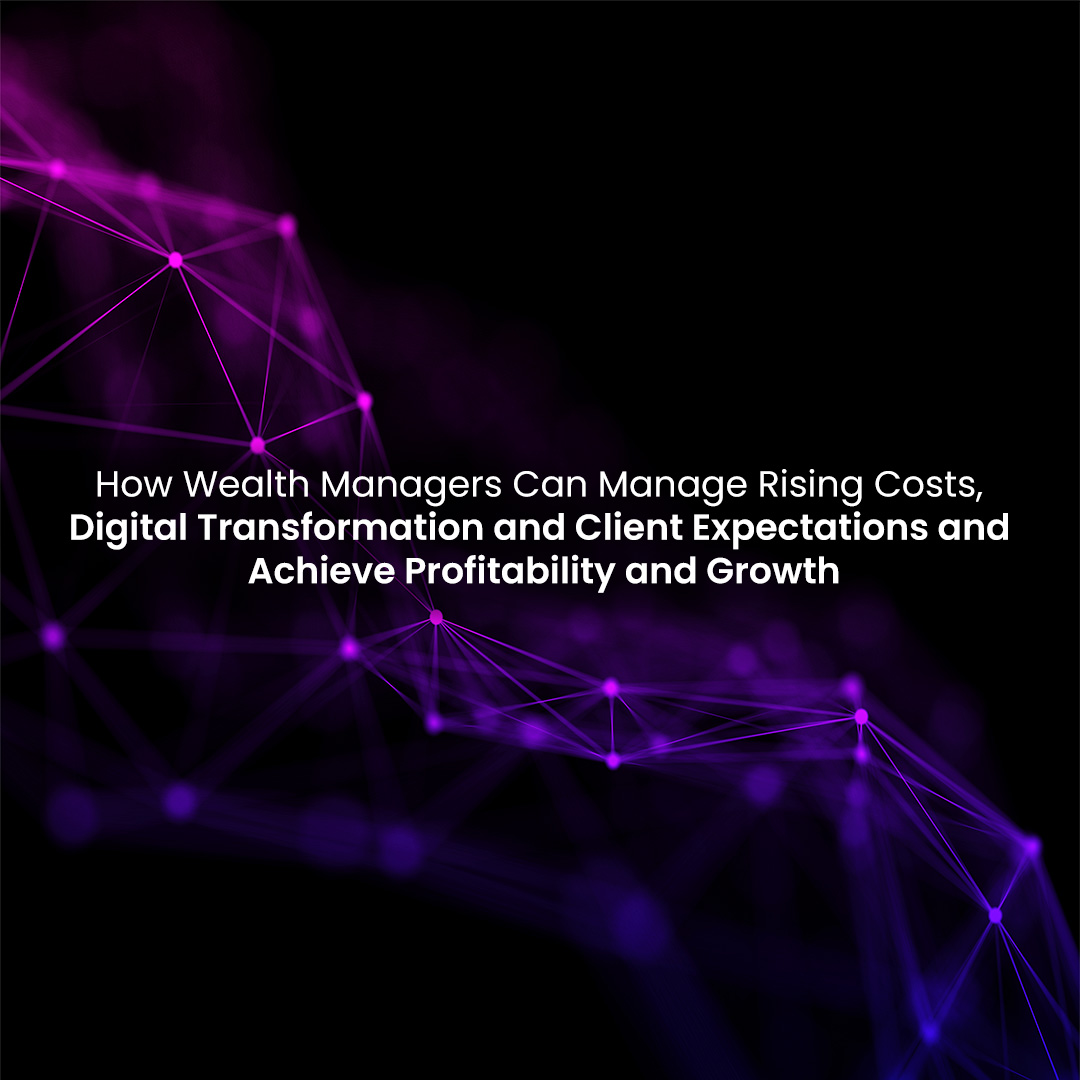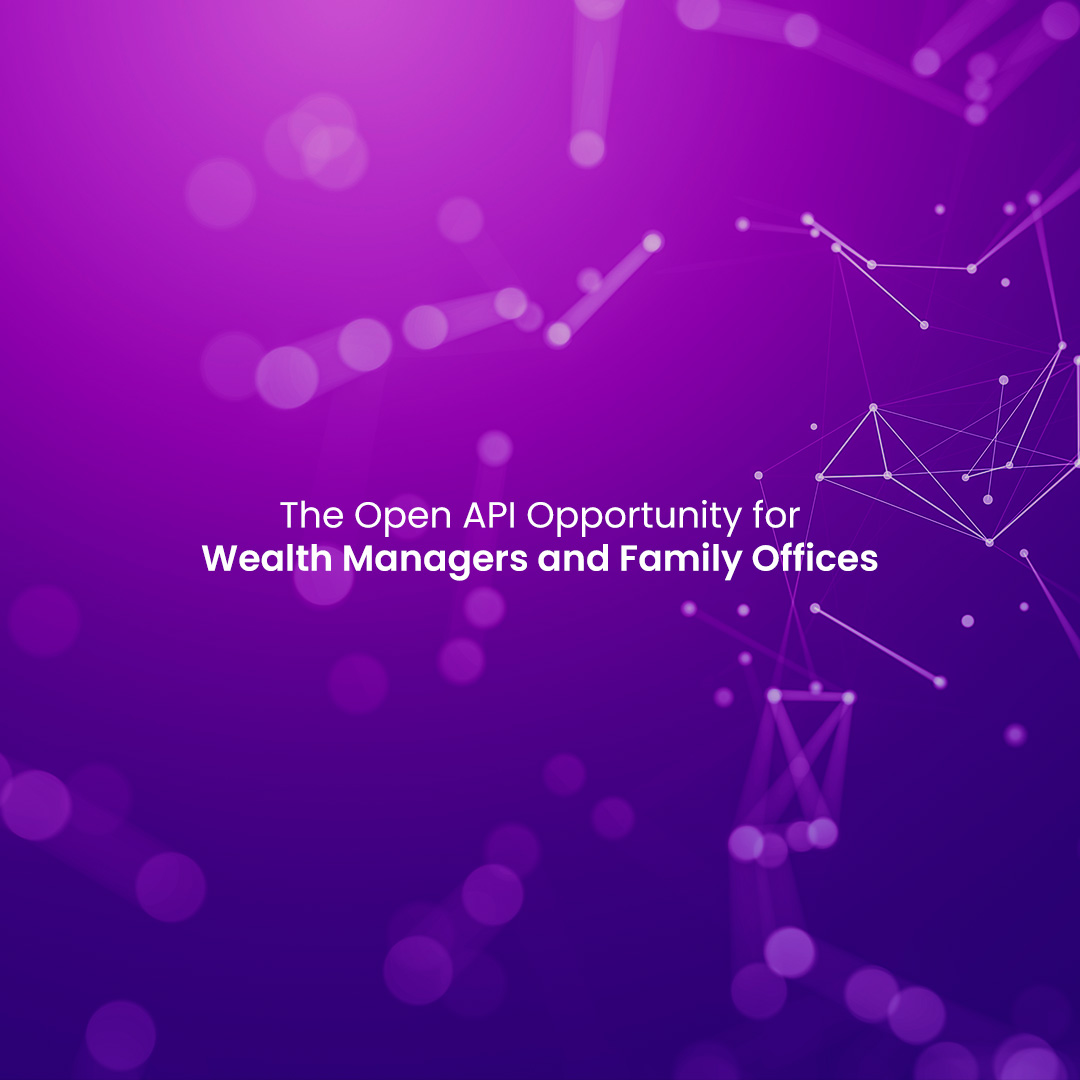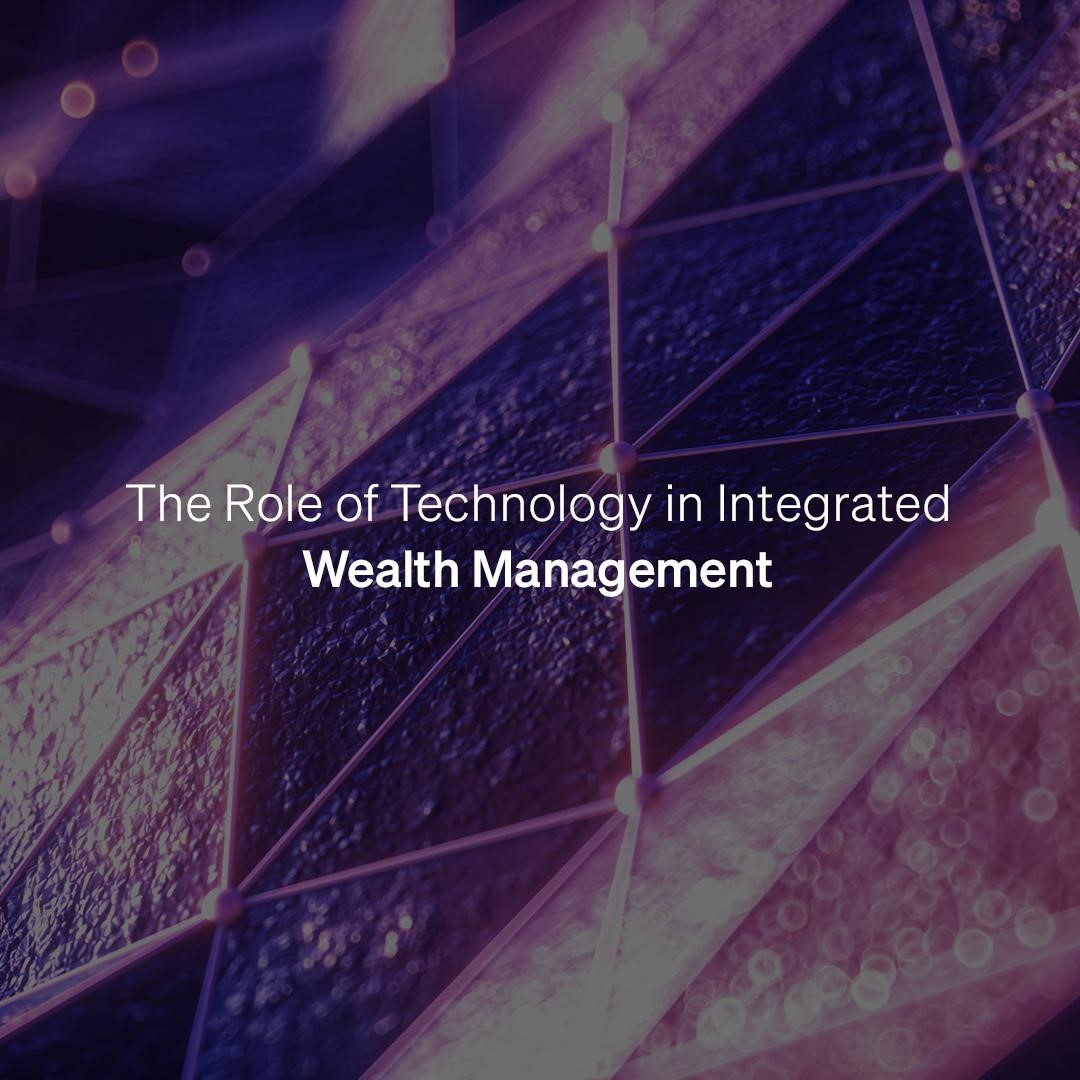Accurate and reliable data is the backbone of effective wealth management. Effectively reconciling data ensures financial records are complete, consistent, and trustworthy.
Data reconciliation involves comparing and aligning data from various sources, including custodians, banks, brokers, and internal systems, to identify any discrepancies or inconsistencies. It’s a critical process that helps you maintain the integrity of your clients’ portfolios, track performance, assess risk exposure, and comply with regulatory requirements.
Let’s delve deeper into why data reconciliation is indispensable to wealth managers:
1. Accuracy and Reliability: Effective reconciliation ensures the accuracy and reliability of your data. By comparing different data sets, you can identify inconsistencies, such as missing or duplicated transactions, pricing errors, or incorrect position balances. Resolving these discrepancies promptly ensures that reports and analyses are sound and based on correct information.
2. Risk Mitigation: Effective risk management is a key aspect of wealth management. Proper data reconciliation allows you to identify and mitigate risks associated with inaccurate data, unauthorized trading, or fraudulent activities. It helps maintain a robust control environment by detecting anomalies and potential breaches promptly.
3. Compliance and Reporting: Regulatory bodies, such as financial authorities, impose strict reporting requirements on wealth managers. Data reconciliation ensures these obligations are met by providing accurate and complete information for regulatory filings. Failure to comply with these regulations can result in penalties, reputational damage, and potential legal consequences.
4. Client Confidence and Satisfaction: As a wealth manager, you understand the importance of building and maintaining trust with your clients. Proper data reconciliation demonstrates your commitment to accuracy, transparency, and professionalism. It supports the delivery of reliable reports, investment statements, and performance updates to your clients, enhancing their confidence in your services.

Now, let’s consider the adverse effects of improper data reconciliation:
1. Inaccurate Reporting: Without proper reconciliation, your reports may contain errors and inconsistencies. This can lead to incorrect valuation of portfolios, inaccurate performance calculations, and misguided investment decisions. Inaccurate reporting not only affects internal decision-making but also undermines the trust and confidence clients place in their wealth managers.
2. Operational Inefficiencies: Incomplete or inconsistent data can lead to operational inefficiencies. Without proper reconciliation, it may be challenging to track transactions, identify cash flows, or reconcile trades. These inefficiencies can result in delays, increased operational costs, and suboptimal investment strategies.
3. Increased Risk Exposure: Inadequate data reconciliation increases the risk of unidentified errors, fraud, or unauthorized activities. Without a clear view of positions, transactions, and cash balances, wealth managers may inadvertently expose clients’ portfolios to risks that go undetected. This can have severe financial and reputational consequences for both advisors and clients.
4. Regulatory Non-Compliance: Improper reconciliation can also result in non-compliance with regulatory requirements. Failure to meet reporting obligations accurately and on time can result in penalties, regulatory scrutiny, and reputational damage. Non-compliance can also hinder an advisor’s ability to attract new clients and retain existing ones.
Wealth Tech Solutions
Modern technology solutions introduce various checks to reconcile the data from both a quality and quantity basis. Your chosen software must perform three types of reconciliations:
1. Holdings and transactions.
2. Reconcile cash accounts with cash flows.
3. Reconcile non unitised products where you need to pre-set percentage threshold and any deviation beyond the threshold should prompt a breach.
Apart from the system checks, software vendors also offer “Data as a Service” where professional data managers from the vendor’s office manage data for their clients for a fee.
Data reconciliation is a vital process for wealth managers. It ensures the accuracy and reliability of financial records, mitigates risks, facilitates compliance, and strengthens client relationships. Neglecting or mishandling this process can have severe repercussions, including inaccurate reporting, operational inefficiencies, increased risk exposure, and regulatory non-compliance.
About Valuefy
Valuefy is a premier investment technology lab with cutting-edge solutions serving leading financial institutions across the globe. Its Wealth Management Solutions has enabled Wealth Managers globally by providing production-grade investment technology solutions for an uberized customer experience.

